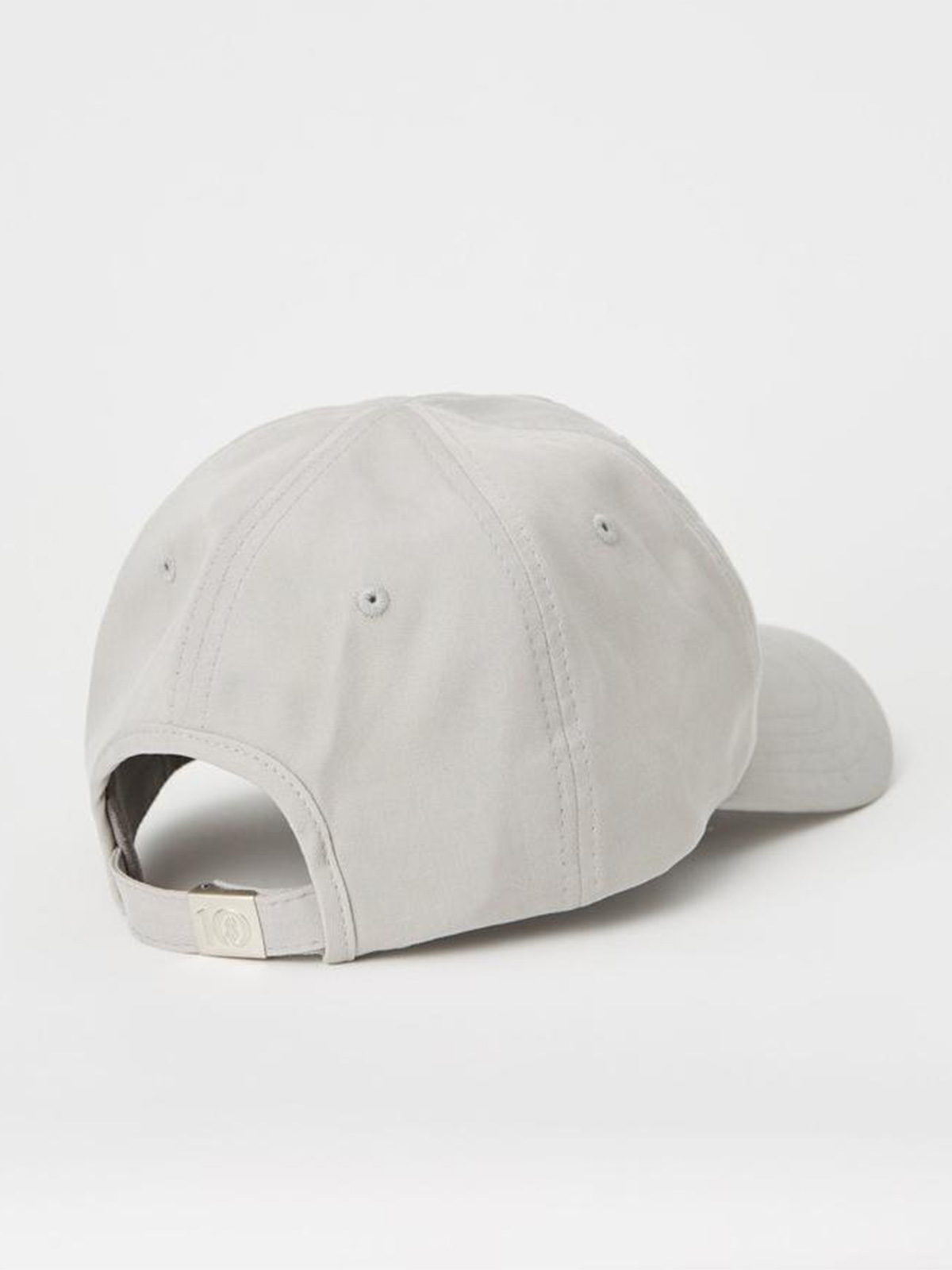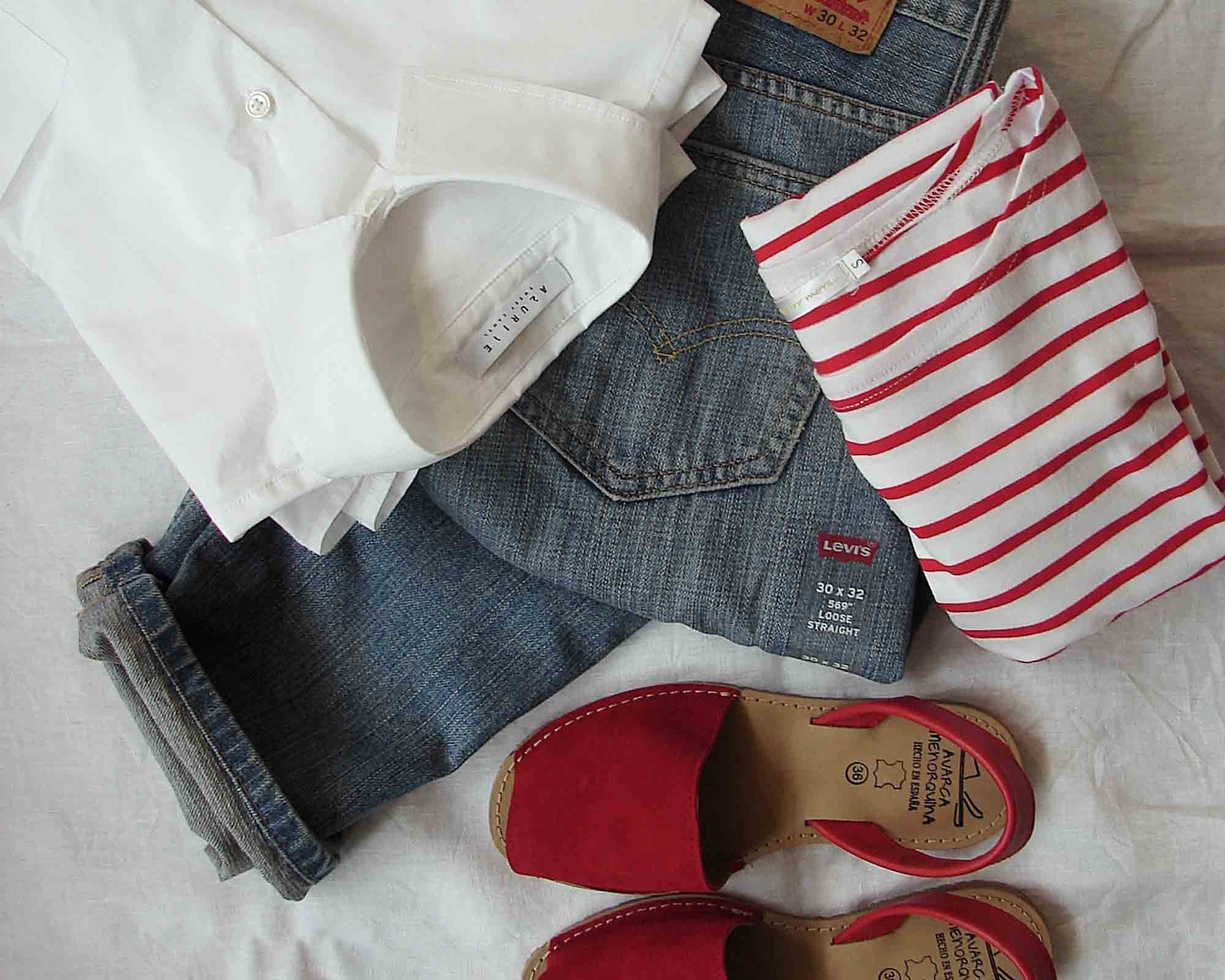According to Vogue US: “If you make one fashion move this season, consider making it a trip to see The True Cost” – a film that asks who really pays the price for our clothes?
When The True Cost was aired at Cannes earlier this year, the perfectly polished audience sat in stunned silence. Is this the true cost of our fast and cheap fashion? The film takes you on an astonishing journey like never before; around the world, to the heartbreaking realities of the lives of people and places behind our clothes.
Andrew Morgan, the film’s director didn’t set out to create a film that makes people think less of fashion – or feel guilty if they love the things they wear. But he did want to encourage people to take a step back from our incessant consumption of mediocre stuff.
Let’s go back to a place where we invest in a piece that we love, that we’re going to wear and hold on to.
Andrew Morgan
And in a time when we consume 400 percent more than we did a decade ago, it’s an important message. The quantity of our consumption, coupled with our carelessness is a problem. (Ever popped into Witchery to grab a new coat because “It’s only $90” even though you have several others sitting in your wardrobe?)It’s this price competition between retailers that has seen 97 percent of manufacturing go offshore, where workers are paid as little as $1 a day, and toxic chemicals are destroying our environment – usually homes of the world’s poorest.
“A lot of times when we talk about environmental impact, it can feel like a very esoteric, future threat, one that will impact someone, somewhere down the road,” says Morgan. “What we worked hard to articulate [in The True Cost], is that these things we’ve called environmental issues are in fact affecting people’s lives—today. It just so happens they are some of the world’s most vulnerable people.”
And the facts speak for themselves.
1. Fashion is one of the most polluting industries in the world.
Cotton production accounts for 18% of worldwide pesticide use and leather tannery workers are at a 50% greater risk of cancer.
2. There are 40 million garment workers in the world, 85% of whom are women.
The rise in faster fashion at lower prices, has led directly to the worst garment factory disasters in the industrial age. Too many of these garment workers are exploited; paid miniscule wages and work in horrifyingly unsafe conditions.
3. Genetically Modified Cotton destroys lives and natural resources.
In countries like India, China and the U.S., farmers have to pay more for GMO cotton seeds and use stronger pesticides. There is a growing rate of cancer – a direct correlation with pesticide use. India has experienced a sharp increase in suicide rates from farmers who face mounting debt for GMO cotton use, while keeping prices low for fast-fashion companies.
4. Fashion has become so disposable that we each throw away 30 kilos of clothing a year.
Our clothes don’t just disappear. They are filling up landfills, and because a vast amount of cheap clothes are derived from plastic, they will take centuries to break down.
So what’s the answer? Thankfully Morgan isn’t calling us to boycott the shops or throw red paint on fast-fashion companies.
“Let’s stop looking at shopping as a hobby and make it something we’re mindful of. Your choices have an impact; there are people, human hands, actually making the things you wear, so be intentional with your purchasing. Ask who made it, how is it made, communicate with your favourite brands. Let’s back off of this endless constant purchasing, and just buy clothes we love.”



















